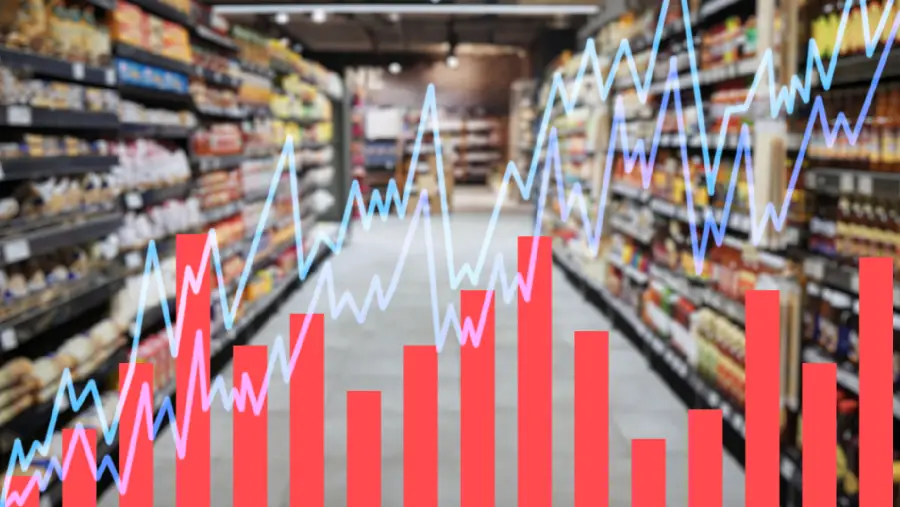Pricing continues to be a significant issue for grocery shoppers amid an economy that continues to be challenged by inflation as well as the prospect of new global tariffs.
That’s the gist of a recent consumer survey conducted by RDSolutions that drills down on how shoppers perceive price and value at the grocery shelf. It also demonstrates the ongoing strength of private label products as consumers explore ways to stretch their grocery dollars.
Overwhelmingly, price is the key motivator for consumers when deciding where to shop. On a scale of 1-10, 87% of consumers surveyed rated it a 6 or higher, and 44% rated it a 9 or 10. Additionally, more than 60% of shoppers said they’re willing to switch stores if they think prices are too high.
As to their shopping habits once in the store, more than 40% seek out less-expensive alternatives when prices go up, and 20% skip certain items altogether when prices increase. Only 11% of those surveyed said they stick to their usual buying habits when prices rise.
A big winner for retailers amid the current economic climate is private label; 86% of shoppers have switched to private label products for some or most of the grocery items they regularly purchase. Among those buying private label, 75% say store-brand products are as good as or better in quality compared to national brands.
But it’s not just product choices being impacted by higher prices; 28% of shoppers say they’re buying fewer items overall when prices are higher.
And – more than 80% of consumers believe that economic conditions such as inflation or tariffs are impacting food prices.
What else is influencing shoppers’ perception of value?
Promotional offers: 65% say promos like discounts or buy-one-get-one-free offers impact their perception of a product’s value.
Nutrition: 27% consider nutrition to be the most important factor when evaluating a product’s price; only 8% don’t consider nutritional attributes at all.
Packaging messages: 80% consider food package messaging – such as organic, sustainable or free-from – important when evaluating price.
Price itself: 74% do not assume a product is of better quality just because it costs significantly more than others.
These survey results were part of a broader discussion in a recent webinar, “Shoppers’ Perceptual Filters and Their Effect on Food Pricing,” hosted by RDSolutions and moderated by Supermarket Guru Phil Lempert, and featuring RDSolutions CEO Jake Blondin and Chief Commercial Officer Lee Kallman. View a recording of this webinar here.
RDSolutions conducted an online survey of 250 U.S. consumers during May 2025. All respondents identified as the primary grocery shopper in their household. The sample reflects a diverse mix of genders, age groups, household incomes and geographic regions.
The results of the RDSolutions shopper survey are consistent with findings by FMI – the Food Industry Association in its recently released study, U.S. Grocery Shopper Trends 2025: The Logic of Food Shopping.
Among the highlights of the FMI study:
- 70% of shoppers are extremely or very worried about rising grocery prices, more than about other necessities such as medical care, housing or transportation.
- Most shoppers feel they have control over their food spending, though confidence is waning.
- Shoppers are more inclined to reduce spending on leisure, consumer items, services and dining out before scaling back on groceries.
- Health is the strongest driver of spending, with 46% expecting to eat more healthfully in the future.
- Convenience remains important as shoppers value solutions that remove friction in the pursuit of their eating aspirations and goals.
- 78% of shoppers expressed concern over proposed tariffs.

